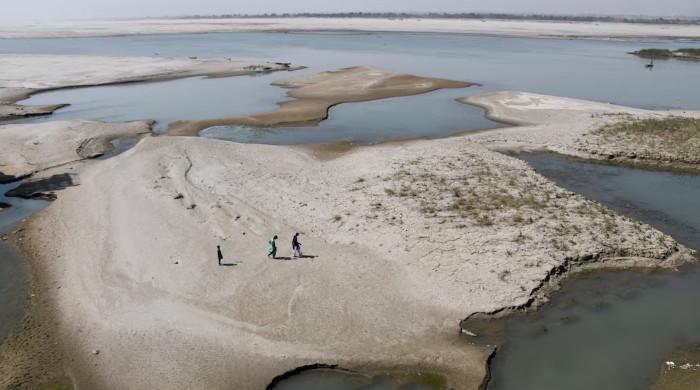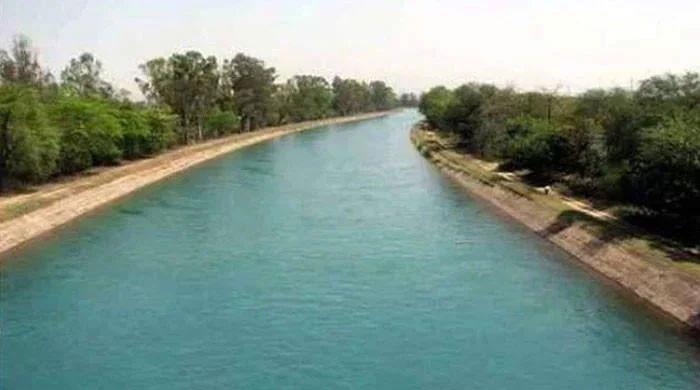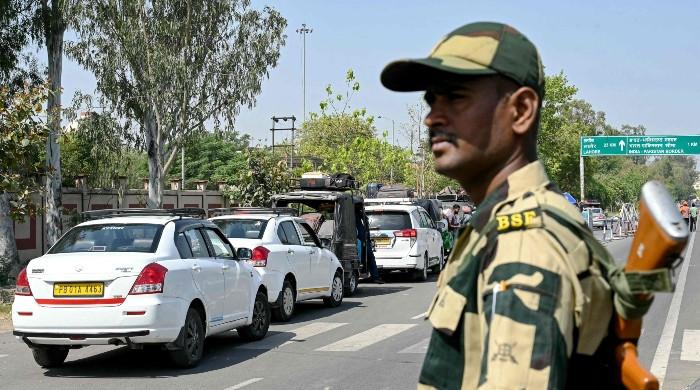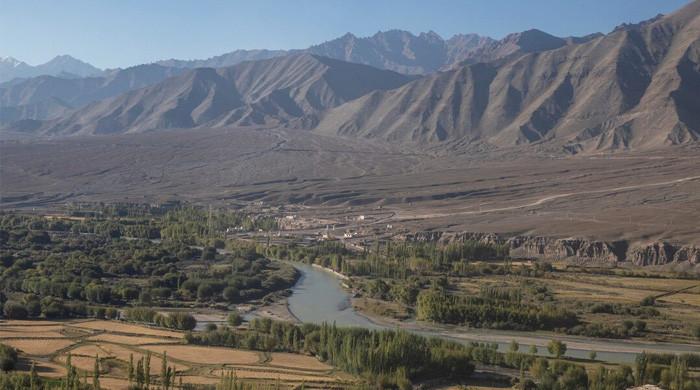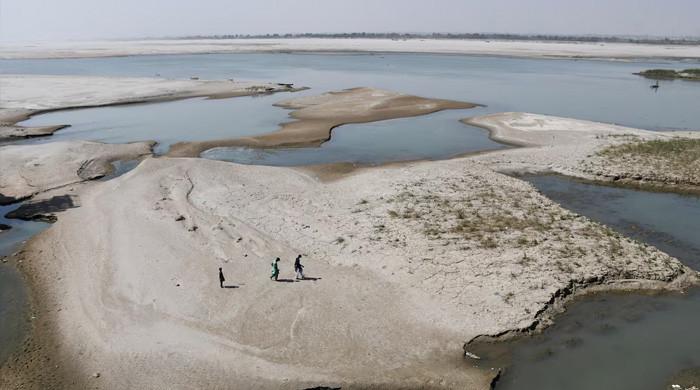Securing Pakistan conclusively?
India’s swift, forceful blame on Pakistan shocks many, tests Pakistan’s response
April 30, 2025
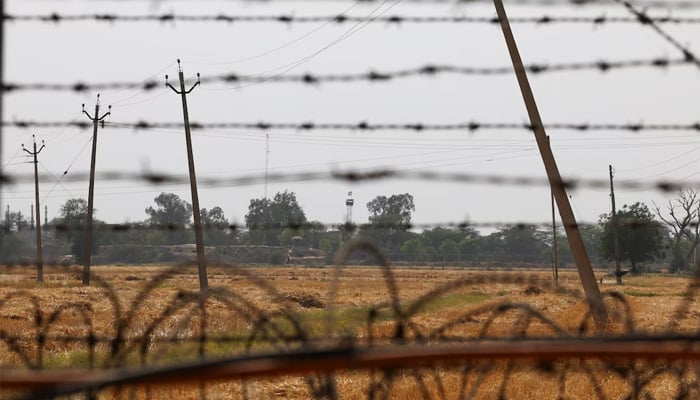
As tension mounts between Pakistan and India after the latest terrorist attack in Indian occupied Kashmir, Islamabad is faced with a sudden challenge coupled with an opportunity.
India’s decision to immediately, forcefully and conclusively place the onus of responsibility for the terrorist attack on Pakistan has not only left many in disbelief but also presented Pakistan with an unprecedented test.
Within minutes of the attack on Pahalgam, the holiday resort targeted by militant gunmen, the Indian government had concluded its findings. And once the Indian government of Prime Minister Narendra Modi had made up its mind, there was no turning back for Delhi as it targeted Pakistan.
The pace and direction of India’s escalation in the matter has fuelled speculation of a coming attack, without clarity on its intensity, timing and location.
For Pakistan, the timing of the crisis related to India could not have been more inopportune. Just as Pakistan was hoping to emerge from a major economic challenge of recent years, the standoff with India creates the danger of at least slowing down Islamabad’s journey towards stability.
Yet, just like the proverbial light at the end of the tunnel, there is indeed scope for Pakistan to create an opportunity here. As Pakistan’s ruling structure races ahead to forge greater national unity in this moment of crisis, the moment for such unity to be turned into decisive action must not be lost.
For Pakistan, a series of reforms is long overdue for turning around its outlook in key areas. For equally long, however, vested interests representing powerful lobbies across the country have defied progressive initiatives and blocked forward-looking change. Now, for Pakistan, a moment to take action has arrived.
The immediate priority must be to de-escalate the tension with India. Towards this end, Pakistan’s national narrative machinery, led by politicians, members of the civil society, academia, the media and other interest groups, needs to undertake action urgently.
Together, their collective voices must forcefully deliver a pro-Pakistan message that underlines Islamabad’s commitment to fighting terrorism in all its forms, while defending our motherland. This exercise will be essential to work as a cornerstone for defending Pakistan and securing the country from the brink of disaster, if indeed armed conflict comes.
In tandem with defending Pakistan must come a fresh push to undertake broad internal reforms. Pakistan has suffered from institutional decay for decades, which has undermined the performance of its key essential services. Lifting Pakistan’s internal outlook is no less a service than securing the country’s geographical frontiers.
A chronic disorder surrounding Pakistan’s revenue and tax collection mechanism has deeply undermined its outlook. Faced with an adverse moment, the country needs to begin an aggressive fresh push on this vital front.
Fundamentally, any individual, group or community with means must be forced to pay their dues. For too long, proverbial tax holidays have essentially further fattened the fat cows across Pakistan.
The exercise to lift Pakistan’s tax reforms has been delayed for far too long. Its pursuit must now be undertaken to save the nation from the adversities surrounding its future.
At the same time, Pakistan’s highly distorted development model needs to be fundamentally altered. For the past three or four decades, the nation’s developmental direction has tilted hugely in favour of urban areas, all at the cost of rural Pakistan.
As Pakistan grapples with monumental challenges, notably the powerful impact of climate change, an urgent push to revitalise rural areas is essential. This is all the more vital as Pakistan faces the highly disturbing reality of increasing food insecurity, such as with this year’s wheat crop output, whose production is likely to fall below target.
The crisis surrounding the wheat crop has escalated from a series of events that followed last year’s decision in spring 2024, when the government of Punjab abruptly withdrew from the promised price that it had undertaken to pay to farmers. Consequently, the returns to farmers fell by at least 35 per cent or more, leaving the farming community in crisis.
At the same time, the Punjab government’s constant pursuit of fanciful ideas such as launching Pakistan’s first provincial airline must be opposed vigorously. Alongside other fanciful ideas, such as the planned launch of bullet trains or indeed a glass-covered train from Rawalpindi via Islamabad to Murree, are flawed pursuits.
As Pakistan tackles bread-and-butter issues, these plans need to be shelved immediately and indefinitely. If Pakistan ever launches a new urban train project, the city of Karachi deserves it more than any other urban area – given the size of its low to lower-income dwellers, in need of reliable public transport. On the contrary, the number of such projects already established in Lahore now must make it the last candidate for more urban transport pursuits.
Securing Pakistan must come with actions where it matters the most: for the people of Pakistan who are suffering the most.
The writer is an Islamabad-based journalist who writes on political and economic affairs. He can be reached at: [email protected]
Disclaimer: The viewpoints expressed in this piece are the writer's own and don't necessarily reflect Geo.tv's editorial policy.




